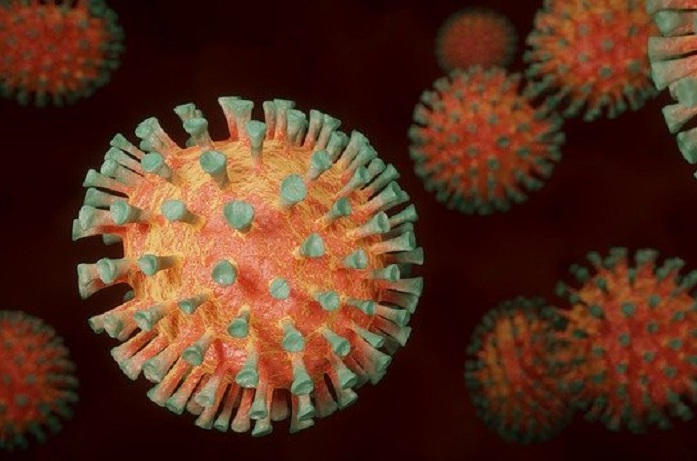Should the anti-viral remdesivir be used to treat COVID-19?
The sudden, dramatic emergence and spread of COVID-19 meant that the pharmaceutical industry hasn’t had the opportunity to develop treatments specifically aimed at the novel virus. As a result, drug researchers have instead scoured the existing pharmaceutical arsenal for potentially effective drug treatments. Thus far, a variety of approaches have been tried to varying degrees of success. One of the more promising candidate drugs is remdesivir. Remdesivir is a broad-spectrum antiviral agent that had originally been developed for the treatment of hepatitis C over a decade ago. However, it has since shown some efficacy against RNA viruses such as Ebola, SARS, and MERS. Given the similarities between SARS, MERS, and SARS-CoV-2, remdesivir has become an obvious candidate in the search for an effective treatment for COVID-19.
In recent weeks, the results of two clinical trials exploring the use of remdesivir in COVID-19 have been published in the New England Journal of Medicine (1, 2). The first are preliminary results from a large, randomised, placebo-controlled, double-blinded trial. This type of study design is the gold-standard in efficacy trials. Neither the patients, nor the doctors treating them were aware of whether a patient had been randomly assigned to the control group or the remdesivir treatment group.
The trial involved 1063 patients across 10 different countries. The dose of remdesivir was standardised across all sites, with individuals receiving a 200mg intravenous loading dose on day 1 followed by 100mg daily IV on days 2 through 10. Patients in the control group received an identical regimen of IV saline solution. The primary outcome in this study was patient recovery time, while they also examined adverse effects and patient mortality.
In terms of the primary outcome, treatment with remdesivir had a statistically significant impact on shortening recovering times (median 11 days in treatment versus 15 days in the control). Patients in the remdesivir group were also more likely to have experienced improvements in their disease condition at day 15 visits than the control group. However, the impact of remdesivir on mortality was less clear. There were fewer deaths in the treatment group, but the difference was not statistically significant. Adverse events were similar between the groups, suggesting remdesivir was generally well tolerated.
The preliminary results of this study suggest that remdesivir can shorten the duration illness for patients with COVID-19 but may not have any impact on overall disease mortality. These results present something of a dilemma for decision makers. Remdesivir treatment carries significant financial costs but, by shortening the duration of illness it may bring about savings in terms of shorter inpatient stays as well as freeing up vital resources such as hospital beds.
While there appears to be a general consensus on the correct dose of remdesivir to use in COVID-19, the optimum duration of therapy has yet to be established. This was the subject of another study published in the New England Journal of Medicine (2). This study explored variations in clinical outcomes depending on whether patients were assigned to receive a 5 day or 10 day course of intravenous remdesivir.
Clinical status of patients was assessed daily. The primary trial endpoint was clinical status at day 14, while adverse events were recorded as a secondary endpoint. Overall patients in the 5-day group demonstrated greater improvements in clinical status. However, patients in the 10-day group were in general starting from a poorer clinical status. When this was factored in, the results between the two groups were similar. Adverse events were experienced at similar rates in both groups.
The results of this study suggest that using a 5 day course of remdesivir, rather than a 10 day course, is the more appropriate treatment duration in COVID-19. Although the patient outcomes are similar regardless of the duration, using the shorter course has the potential to save healthcare systems significant money as well as preserving global supplies of remdesivir.
Further research into the effectiveness of remdesivir is needed before a definitive picture emerges, however these two studies add to a growing evidence base that it at least of some benefit in COVID-19.
Written by Michael McCarthy
For a range of personal protective equipment, visit www.medofsupply.com
References:
1. Beigel JH, Tomashek KM, Dodd LE, Mehta AK, Zingman BS, Kalil AC, et al. Remdesivir for the Treatment of Covid-19 — Preliminary Report. New England Journal of Medicine. 2020.
2. Goldman JD, Lye DCB, Hui DS, Marks KM, Bruno R, Montejano R, et al. Remdesivir for 5 or 10 Days in Patients with Severe Covid-19. New England Journal of Medicine. 2020.
Image by Daniel Roberts from Pixabay



